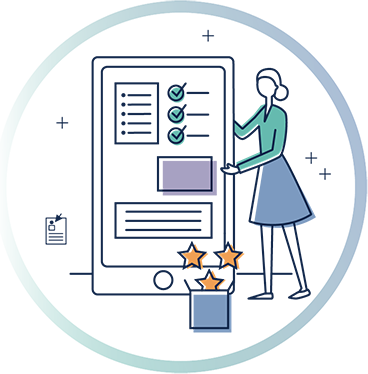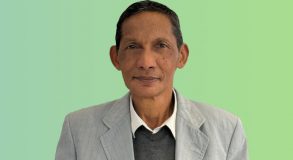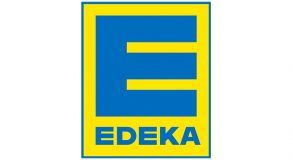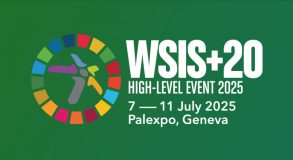That is the C in Afnic: cooperation as a day-to-day reality – from consultation with our stakeholders to R&D partnerships, in addition to the sharing of knowledge and expertise.
Responsible for managing a general interest service, we naturally operate in cooperation with other players in the internet ecosystem, at the crossroads between operators, service providers and users, as well as with national and international administrative, technical and governance bodies.
By always maintaining the position of facilitator conferred upon it by its association-based model, Afnic acts as both:
– a centre of expertise and resources on all subjects connected to the internet infrastructure;
– an advocate for and sometimes organiser of dialogue within the internet community, on all subjects connected with the development of the internet in general, and of its infrastructure in particular.
Constantly attuned to our stakeholders
As a registry operator, we establish policies regarding domain names and their uses. These policies are binding on all players and must be determined in consultation with all stakeholders: public authorities, registrars, users, etc.
This communication and this co-construction are also at the core of Afnic’s community life and are reflected every day in the relationships we maintain with our partners.
Promoting dialogue within the internet community
Within its own and external bodies, Afnic acts as a forum for dialogue and debate on the future of the internet, changes in standards and technologies.
It is with this in mind that we take an active part in internet governance and that we contribute to numerous discussions and conferences by hosting workshops and round tables in our fields of expertise.
Follow our News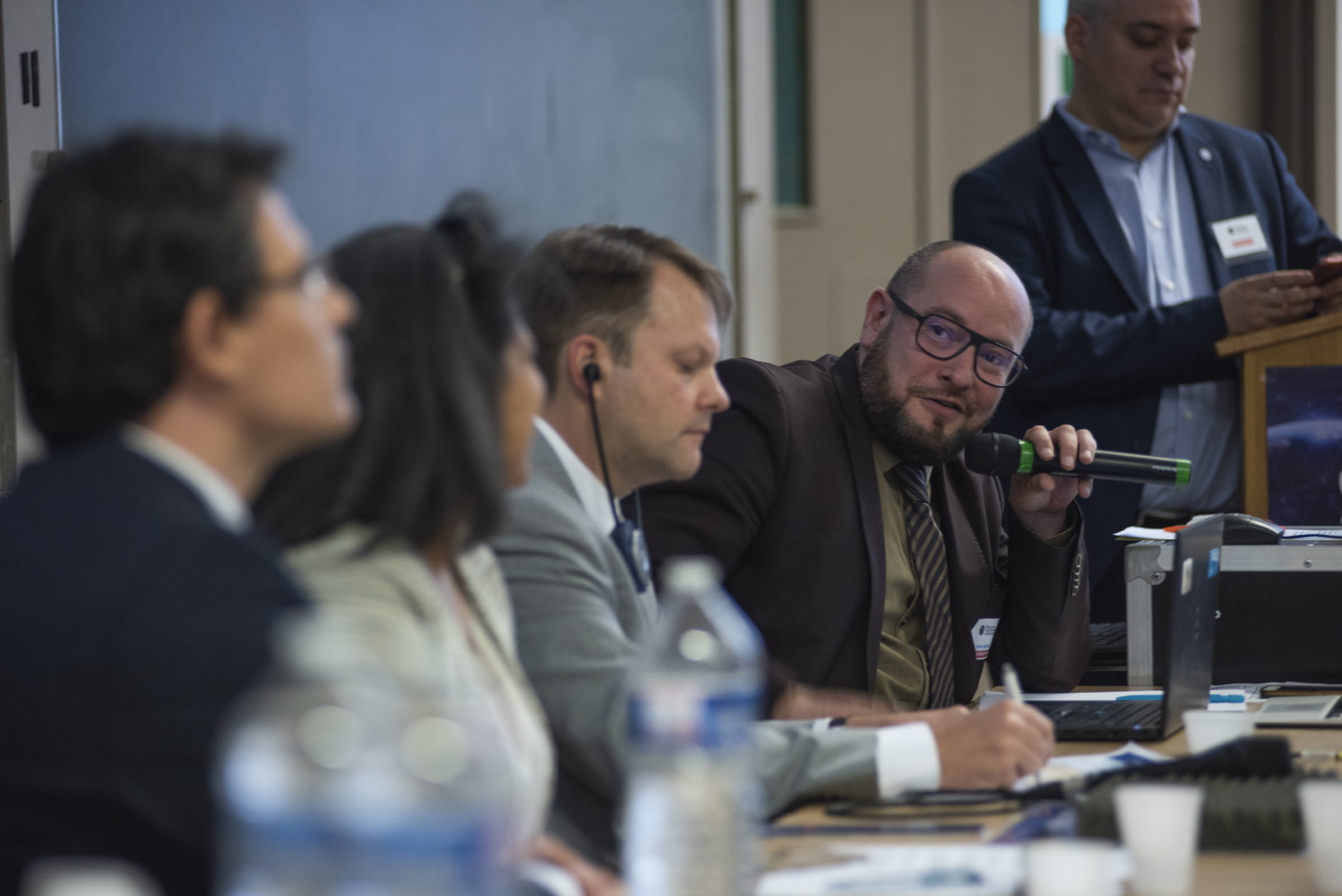
The organisation of the internet Governance Forum (IGF) in 2018 was one of the highlights of recent years – as is the Scientific Council Open Day every year that creates discussions between different disciplines on the key topics surrounding the internet, as well as the organisation of IGF France with a broad organising committee representing all of the French stakeholders.
View the JCSA contributions on our YouTube channelExpertise to be shared
Cooperation also means sharing our knowledge with our peers – registries and researchers – and partners. This transfer of know-how can take various forms:
– contribution to the technical developments of internet open standards (IETF, etc.) and provision of licence-free tools for the technical community;
– reports from international bodies in which we participate in our News and Expert Papers;
– communications on forums and conferences, scientific publications in the press and online;
– free courses run by Afnic employees at the Université Paris-Saclay or at the Versailles Saint-Quentin Faculty of Law and Political Science in particular;
– training courses;
– and workshops as part of the Réussir en .fr (“Succeed with .fr”) programme.
R&D: prioritising cooperation
Research is ingrained in Afnic’s history… and in the agreement concluded with the French State, as the association has committed to dedicating 10% of its budget to R&D.
And because good research is not done alone, our innovation strategy is broadly based on collaboration with other players (academics and industry) to design and support projects in partnership on key issues for the future: new Internet of Things (IoT) protocols, cybersecurity, combating abuse, internet identity, etc.
For large-scale projects, these partnerships can take the form of a consortium, like the DiNS project on the IoT.
International College: cooperation with developing countries
Afnic’s International College is comprised of some twenty members from 16 countries – including a dozen registry operators in Africa and Europe, as well as training organisations (universities) and service providers.
It meets every year over two days, before the Afnic General Assembly, and provides its members with a neutral forum to discuss best practices to promote the independence, stability and efficiency of registries in sometimes difficult political and economic contexts.
Supplemented by training courses and regular knowledge transfers, the actions of the International College form part of the multilateral cooperation with developing countries.


